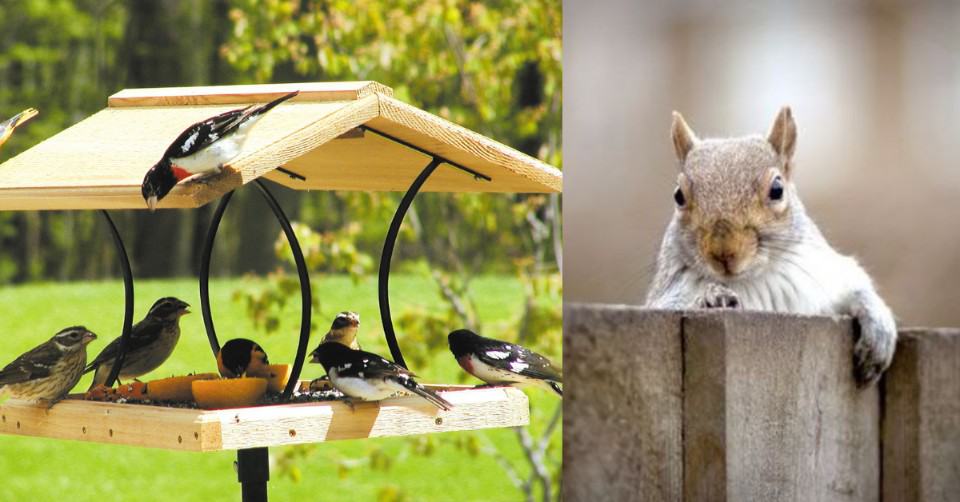Experts have been encouraging people to help nature in as many simple ways as they can. Advising them to help local wildlife thrive through these 11 easy acts.
The list includes leaving a bowl of cat food outside the house to feed wild animals such as hedgehogs, constructing a bird bath and investing in a pond to house more wildlife in your garden.
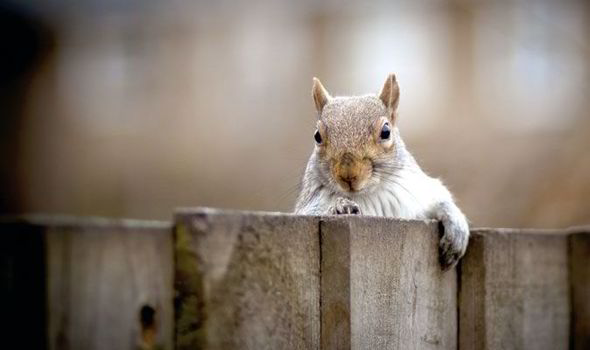
Lovers of nature are also enouraging us to stop cutting down our trees to provide sanctuary to our wildlife while teaching children to preserve them as well.
Wild creatures, including birds, insects and mammals, can be found across every inch of the British Isles – even in the places you might not expect.
If you’d like to do your bit for the local wildlife, simply being aware of their habitats is a good starting point. This is one of the key ways to be respectful and learn to love the diverse number of creatures living on your doorstep.
11 Ways to Help Local Wildlife:
1. Bird Feeders
Put up some bird feeders in your home and always make sure that they are filled with seeds. You can keep wildlife birds around your house well-fed and happy allthroughout the year.
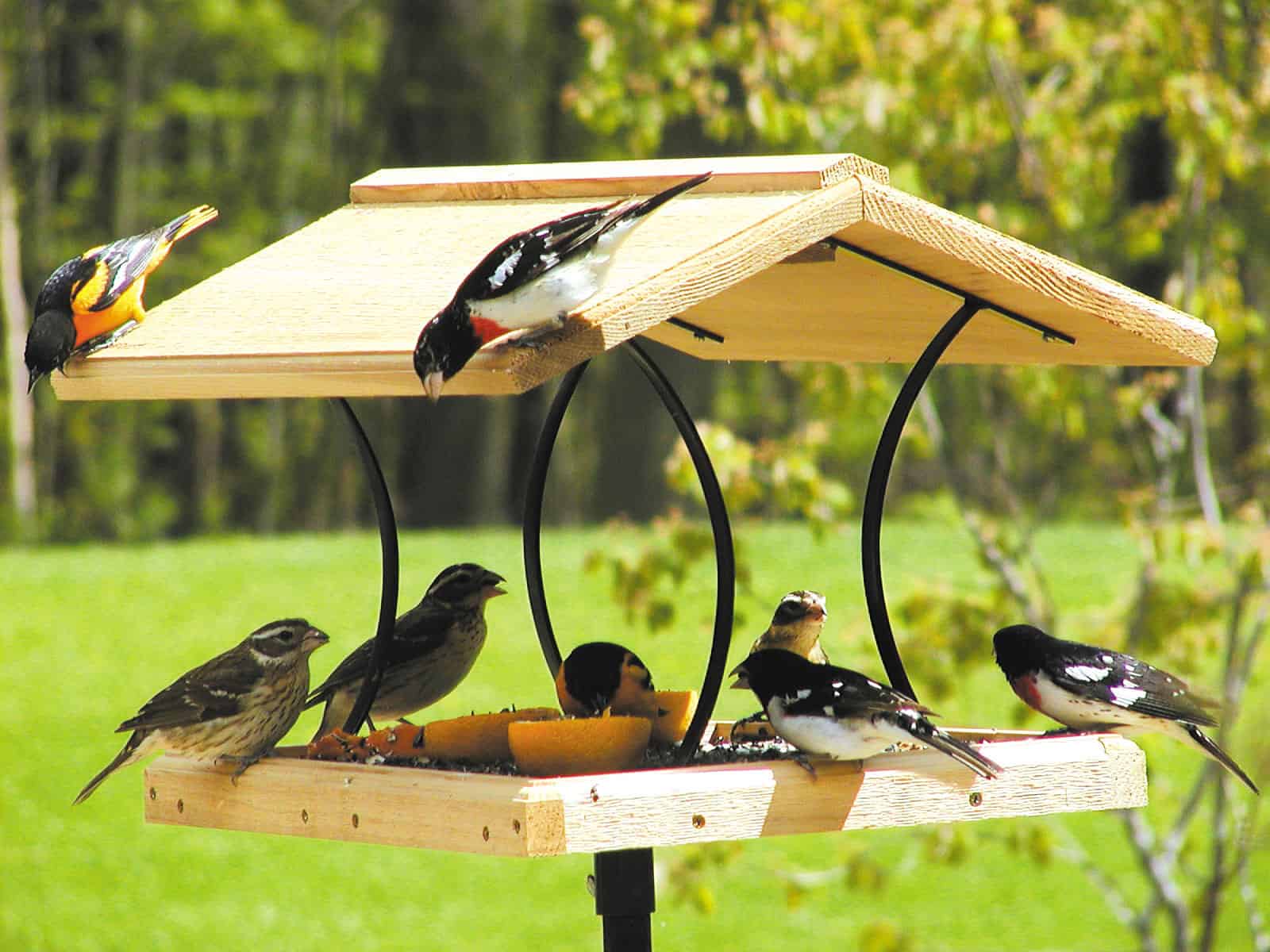
2. Give Bees Sugar and Water
Bees play a special role on the ecosystem though there are some people who hate having an encounter with them.
If you see an exhausted bee who can’t raise its wings, mix together some sugar and water on a teaspoon. Give it to the poor insect so it can revive itself.
3. Stop Pruning Hedges and Trees
Pruning hedges and trees can destroy a lot of animal’s natural habitat. If you cut and reduce them, you will end up leaving some wild animals homeless and in a vulnerable position.
4. Feed Hedgehogs
The best food to leave outside your house for wild hedgehogs to eat is dog or cat food. Spare some of your pet’s favourite meal to wild animals to keep them healthy and happy.
While some are giving them milk, it is not necessarily good for hedgehogs and can damage their health.
5. Build a Bat House
Bats are everywhere. These wild animals are actually great pollinators, seed dispersers and insect predators, which means they can contribute a lot to your garden.
By building them a bat house in your place, you can provide them with a nice place to eat and sleep since most of their natural habitat has been destroyed.
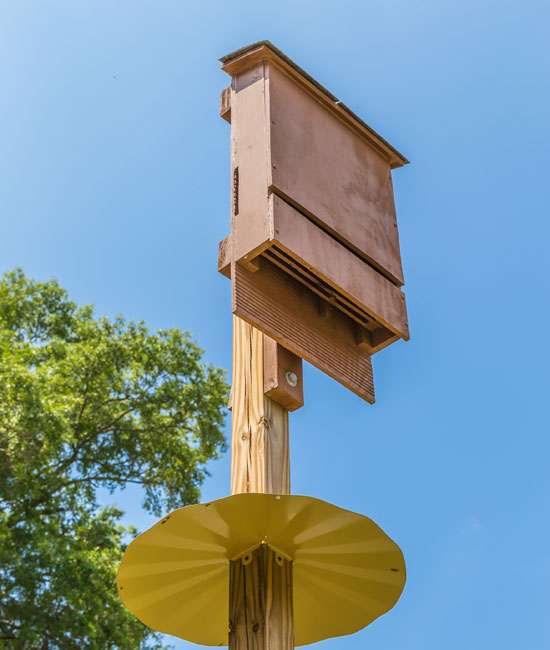
6. Ensure a Source of Water
You can invest in a bird bath to keep birds and other wildlife well-hydrated especially when the heat of the summer is at its finest.
Just make sure to change the water regularly every two weeks to keep algae and other nasty substances to build up in it.
7. Make a Pond in your Garden for Wildlife
Having a man-made pond in your lawn can attract various types of wildlife. If you build one with shallow edges, it will be easy for frogs and newts to get in.
Also, you should stock the pond with plants that specifically makes the pond clean in order to avoid having to do too much tasks. You should also get rid of algaes in organic ways to keep the animals healthy.
8. Break Pond Ice
If you already have a pond in your garden and it freezes over during the winter, create a hole in the ice to prevent toxic gases from building up.
This way, you prevent fishes or frogs hibernating at the bottom from getting harmed. You can make a hole by placing a ban of boiling water on top of the ice.
You should never break the ice by force or pouring boiling water directly on it to avoid harming the living creatures below it.
9. Educate your Kids about Wildlife
This is a simple act that will have a long term effect. A lot of people nowadays doesn’t care about preserving the wildlife, making the future less beautiful for the next generation.
Teach kids to appreciate and care for wild animals and trees. Let them realize how important it is to keep them safe and preserve their survival.
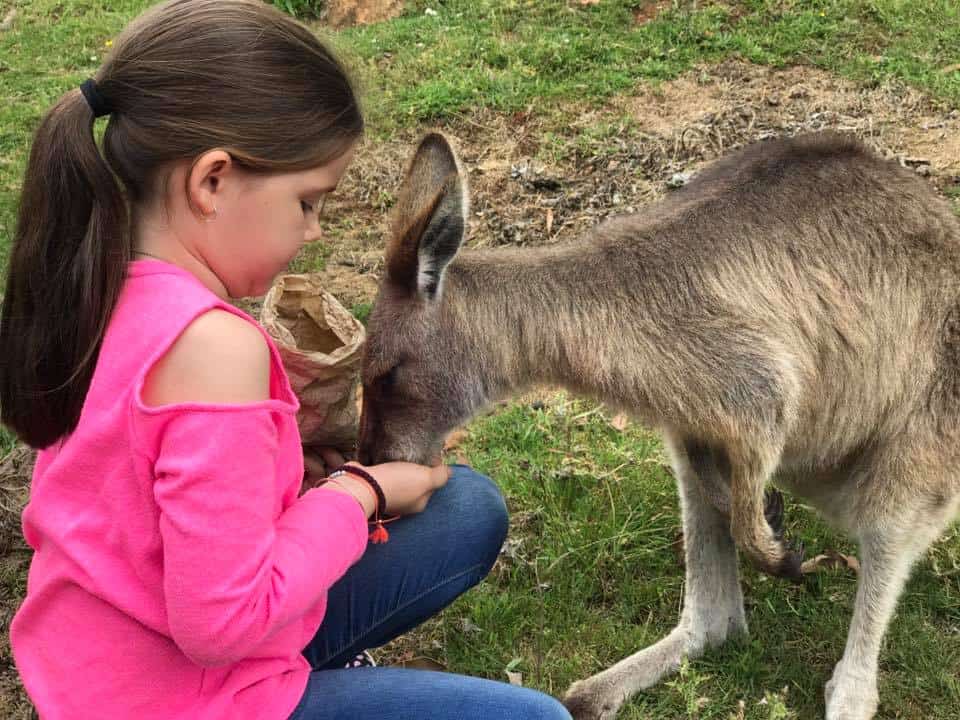
10. Let Worms, Bugs and Beetles Keep the Soil Healthy
Do not kill the insects that keep the soil healthy. Some people who are afraid of worms and bugs hit them immediately.
Healthy soil will produce plants that are better able to resist insects and disease, making worms, bugs, and beetles very helpful.
11. Don’t Litter
We all know how much littering can harm the environment and wildflife. Animals’ natural habitat get destroyed when we discard things like plastic bottles and cans everywhere.
Putting your litter or any litter you find on the streets in the bin, will be doing a great service to local wildlife.

